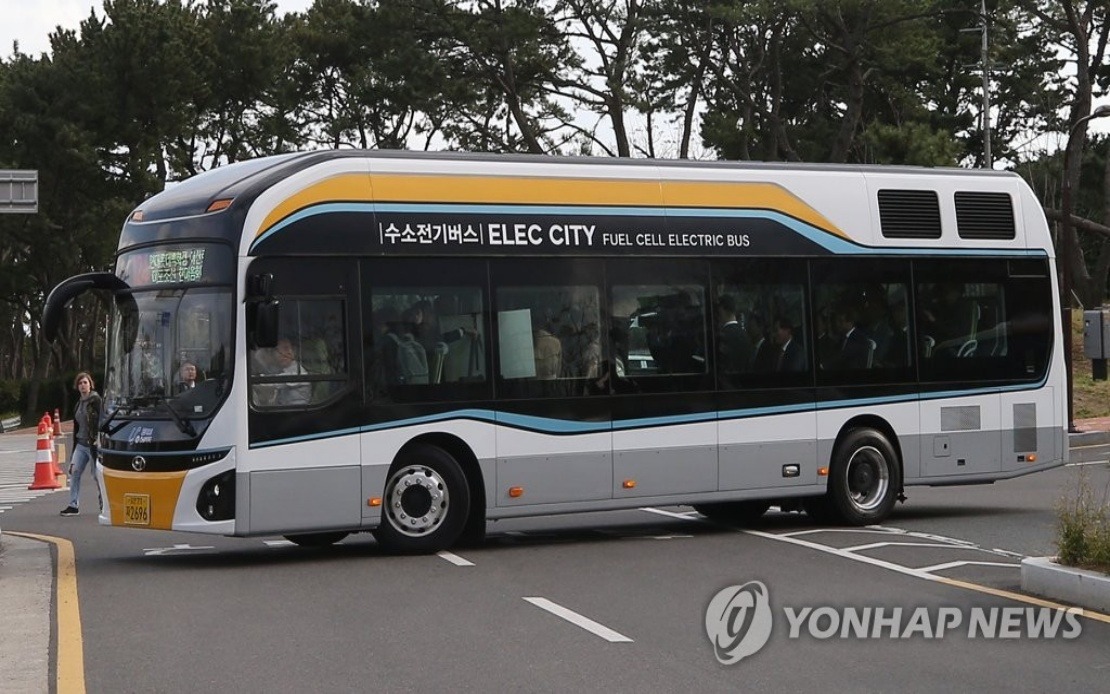South Korea Boosts Subsidy for Hydrogen Buses to Promote Eco-Friendly Transportation
Key Ideas
- South Korea to increase subsidy for hydrogen fuel-cell buses from 3,600 to 5,000 won per kilogram to promote eco-friendly public transportation.
- The move aligns with South Korea's 2030 NDC goal to have 25% of metropolitan buses in Seoul area powered by hydrogen by 2030.
- The subsidy increase is expected to reduce operational costs by 22% and make hydrogen buses more cost-competitive with electric buses.
- Challenges such as high fuel costs and the lack of infrastructure for hydrogen buses have hindered their adoption in the country.
The South Korean government announced an increase in subsidies for hydrogen fuel-cell buses from 3,600 won to 5,000 won per kilogram as of next month, aiming to promote eco-friendly public transportation. This initiative is part of the country's efforts to achieve its 2030 Nationally Determined Contribution (NDC) goal, which includes substituting 25% of all metropolitan buses in the greater Seoul area with hydrogen-powered buses by 2030.
The transportation ministry's decision to boost the subsidy is a strategic move to address the slow adoption of hydrogen fuel-cell buses in South Korea. The industry has faced challenges such as high fuel costs in comparison to electric buses and the insufficient availability of hydrogen charging and maintenance stations.
By raising the subsidy, the government aims to reduce operational costs for hydrogen buses by 22%, making their yearly fuel costs more comparable to those of electric buses. This adjustment is expected to make hydrogen buses a more attractive and financially feasible option for public transportation, contributing to a more sustainable and environmentally friendly transport system in South Korea.
